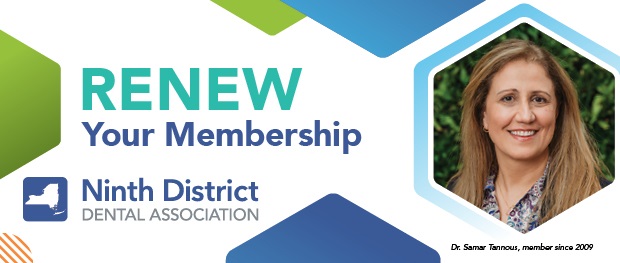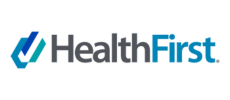FDA Phasing Out Animal Testing for Drugs
Per the notice below, the United States Food and Drug Administration (FDA) is phasing out animal testing for certain drugs and monoclonal antibodies.
FDA Announces Plan to Phase Out Animal Testing Requirement for Monoclonal Antibodies and Other Drugs
Today, the U.S. Food and Drug Administration is taking a groundbreaking step to advance public health by replacing animal testing in the development of monoclonal antibody therapies and other drugs with more effective, human-relevant methods. The new approach is designed to improve drug safety and accelerate the evaluation process, while reducing animal experimentation, lowering research and development (R&D) costs, and ultimately, drug prices. The FDA’s animal testing requirement will be reduced, refined, or potentially replaced using a range of approaches, including AI-based computational models of toxicity and cell lines and organoid toxicity testing in a laboratory setting (so-called New Approach Methodologies or NAMs data). Implementation of the regimen will begin immediately for investigational new drug (IND) applications, where inclusion of NAMs data is encouraged, and is outlined in a roadmap also being released today. To make determinations of efficacy, the agency will also begin use pre-existing, real-world safety data from other countries, with comparable regulatory standards, where the drug has already been studied in humans.
“For too long, drug manufacturers have performed additional animal testing of drugs that have data in broad human use internationally. This initiative marks a paradigm shift in drug evaluation and holds promise to accelerate cures and meaningful treatments for Americans while reducing animal use,” said FDA Commissioner Martin A. Makary, M.D., M.P.H. “By leveraging AI-based computational modeling, human organ model-based lab testing, and real-world human data, we can get safer treatments to patients faster and more reliably, while also reducing R&D costs and drug prices. It is a win-win for public health and ethics.”
Key Benefits of Replacing Animal Testing in Monoclonal Antibody Safety Evaluation:
- Advanced Computer Simulations: The roadmap encourages developers to leverage computer modeling and artificial intelligence to predict a drug’s behavior. For example, software models could simulate how a monoclonal antibody distributes through the human body and reliably predict side effects based on this distribution as well as the drug’s molecular composition. We believe this will drastically reduce the need for animal trials.
- Human-Based Lab Models: The FDA will promote the use of lab-grown human “organoids” and organ-on-a-chip systems that mimic human organs – such as liver, heart, and immune organs – to test drug safety. These experiments can reveal toxic effects that could easily go undetected in animals, providing a more direct window into human responses.
- Regulatory Incentives: The agency will work to update its guidelines to allow consideration of data from these new methods. Companies that submit strong safety data from non-animal tests may receive streamlined review, as the need for certain animal studies is eliminated, which would incentivize investment in modernized testing platforms.
- Faster Drug Development: The use of these modern techniques should help speed up the drug development process, enabling monoclonal antibody therapies to reach patients more quickly without compromising safety.
- Global Leadership in Regulatory Science: With this move, the FDA reaffirms its role as a global leader in modern regulatory science, setting new standards for the industry and encouraging the adoption of innovative, humane testing methods. In recent years, Congress and the scientific community have pressed for more human-relevant testing methods. Today’s announcement is a step by the FDA towards its commitment to modernize regulatory science as technology advances.
Working in close partnership with federal agencies such as the National Institutes of Health, the National Toxicology Program, and the Department of Veterans Affairs, the FDA aims to accelerate the validation and adoption of these innovative methods through the Interagency Coordinating Committee on the Validation of Alternative Methods (ICCVAM). The FDA and federal partners will host a public workshop later this year to discuss the roadmap and gather stakeholder input on its implementation. Over the coming year, the FDA aims to launch a pilot program allowing select monoclonal antibody developers to use a primarily non-animal-based testing strategy, under close FDA consultation. Findings from an accompanying pilot study will inform broader policy changes and guidance updates expected to roll out in phases.
Commissioner Makary noted the far-reaching significance of this proposal. “For patients, it means a more efficient pipeline for novel treatments. It also means an added margin of safety, since human-based test systems may better predict real-world outcomes. For animal welfare, it represents a major step toward ending the use of laboratory animals in drug testing. Thousands of animals, including dogs and primates, could eventually be spared each year as these new methods take root.”




.tmb-rotator.png?Culture=en&sfvrsn=e3185440_1)






.png?sfvrsn=4447de7f_1)















